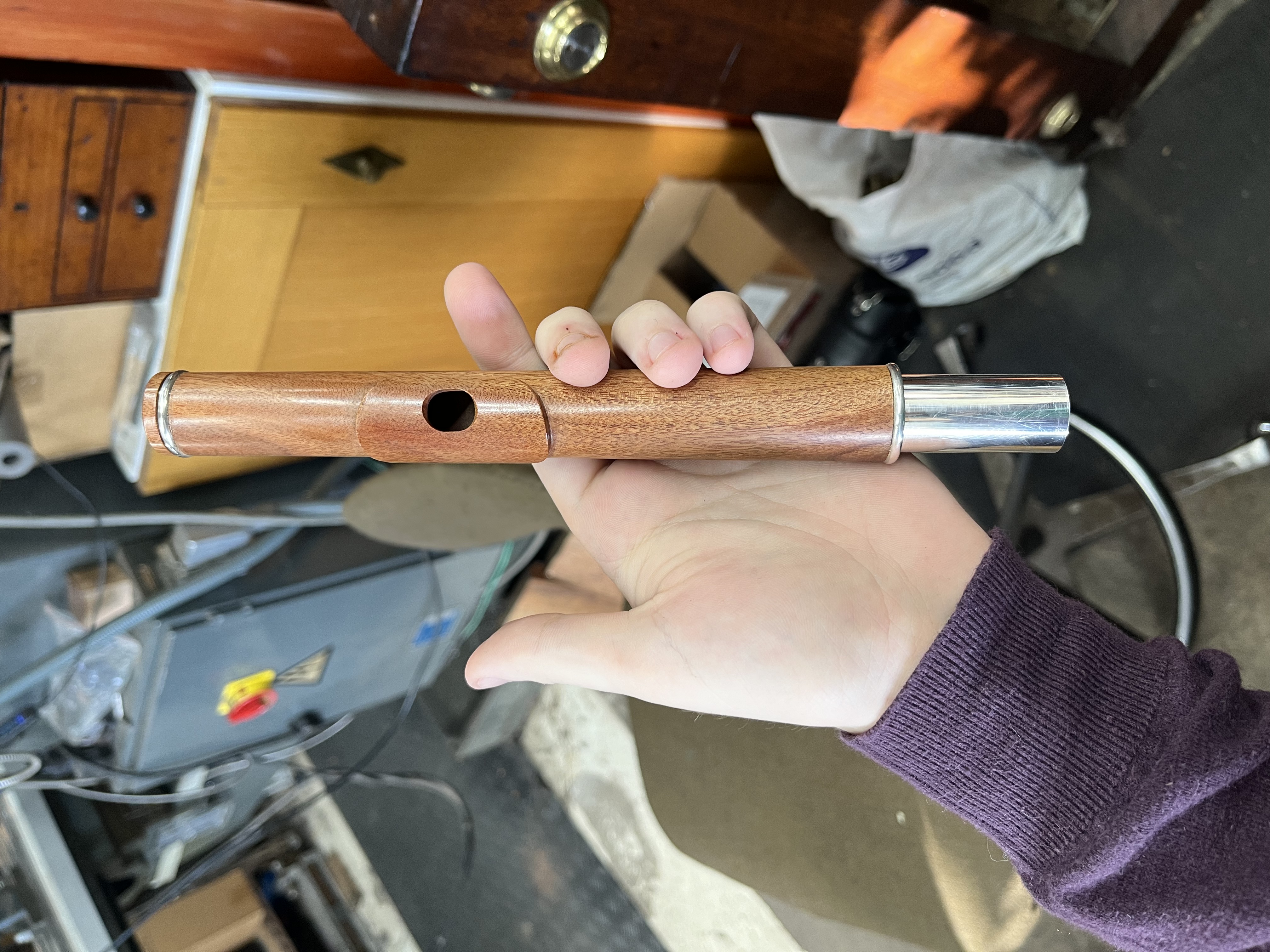Darren Korb’s soundtrack for Supergiant Games’ Hades was nominated by both BAFTA and The Game Awards for best music/soundtrack awards. From listening to the music in isolation it would be simple to see why in and of its pure musical conception and execution, but what this paper argues is that the true power behind Korb’s work lies in its interactivity with the game’s mythological setting and narrative, explored in three facets:
Firstly, the role of instrumentation and compositional technique will be examined, exploring how Korb uses a combination of soundworlds: traditional instruments from around the Aegean, and modern soundworlds of rock and sci-fi, to support the artistic direction of Hades as a game set simultaneously in ancient mythology whilst remaining strangely out of time.
Secondly, how the specific example of Orpheus — perhaps mythology’s most famous bard — and Eurydice’s story within the game is supported by their songs, and their synthesis into a duet between the two characters; how they act as a narrative foil to the player character through their songs, and how their musical place within the game interacts with the various tellings of their myth.
Finally, there will be a discussion of the use of wider soundtrack to support the gameplay loop and the theme attempting (and often failing) to ascend out of Hades. Primarily this will involve an examination of the use of the “No Escape” leitmotif, and how its melody, instrumentation, and implementation in-game enforces a sense of hopelessness and futility in the escape effort, simultaneously challenging the player to defiantly succeed in their mission.

